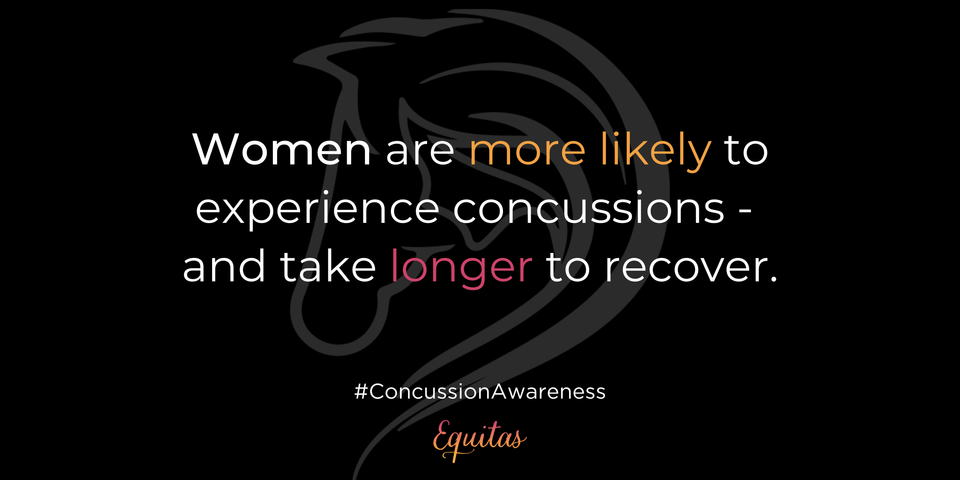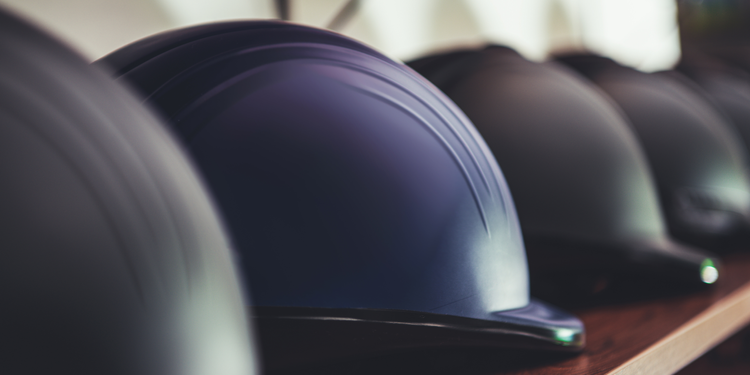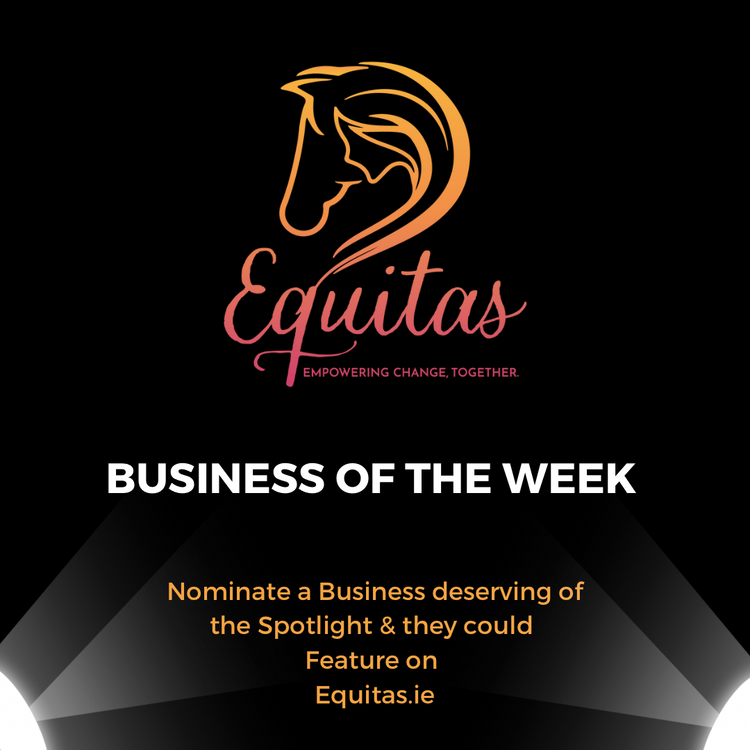Why It’s Time for Equestrian to Lead the Concussion Conversation

Over the past week, we’ve been blown away—not by numbers or stats, but by stories.
From riders who were told “you’re fine” when they weren’t.
From women dismissed because CT scans showed nothing.
From athletes who kept riding with speech issues, blurred vision, and severe neurological symptoms… because they didn’t know where else to turn.



“I didn’t even realise I had a concussion.”
“I couldn’t get help. It was like no one believed me.”
“I didn’t fall. I was still on the horse—and they didn’t know what to do with that.”
These are real quotes from equestrians who responded to our recent article on concussion. And they all point to one thing: this is a serious, systemic issue—one that uniquely affects women, and one that the sport is not ready for.
What We Know
- 1 in 2 riders will suffer a concussion in their career.
- Women are more likely to experience concussions—and take longer to recover.
- Most concussion research is based on male athletes.
- Riders aren’t always supported in recovery—and often don’t know where to turn.
You don’t have to fall to get a concussion. You don’t have to pass out. And you don’t always know it’s happening—until it’s too late.
Where Do We Go From Here?
Equitas is building a live conversation around this very important topic... a space where riders, experts, and advocates can come together to talk about what recovery really looks like, and what needs to change.
If you’ve lived through this, or want to be part of shaping a safer equestrian future, we’d love to hear from you.
🗣️ Share your story
🎧 Join the conversation
📩 Email: sarah@equitas.ie Or DM us on Instagram.
This is just the beginning. Let’s make equestrian safer—for this generation and the next.
🟣 References & Further Reading
Rider-Specific Concussion Articles
Horse Network. Concussion Awareness in Sports Is Improving, But Not Necessarily for Female Riders.
https://horsenetwork.com/2025/02/concussion-awareness-in-sports-is-improving-but-not-necessarily-for-female-riders/
Gender & Concussion Research (Across Sport)
Lincoln, A. et al. (2011). Gender differences in concussion rates in high school sports.
https://pubmed.ncbi.nlm.nih.gov/21228623/
Covassin, T. et al. (2013). Symptom severity and recovery differences between male and female athletes post-concussion.
https://pubmed.ncbi.nlm.nih.gov/23603971/
Broshek, D. et al. (2005). Neurocognitive outcomes after concussion in female athletes.
https://pubmed.ncbi.nlm.nih.gov/16030425/
Farace, E., & Alves, W. (2000). Gender differences in outcomes after traumatic brain injury.
https://pubmed.ncbi.nlm.nih.gov/11114499/
Snook, E. et al. (2017). Neck strength differences and concussion susceptibility.
https://pubmed.ncbi.nlm.nih.gov/28990850/
Bazarian, J. et al. (2010). Hormonal influences on concussion severity in women.
https://pubmed.ncbi.nlm.nih.gov/20029512/
Bretzin, A. et al. (2021). Concussion incidence among female vs male athletes.
https://pubmed.ncbi.nlm.nih.gov/34105822/




